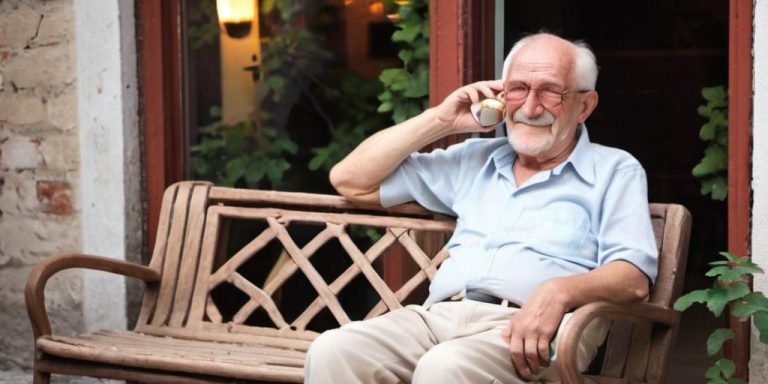
Saving money rarely feels urgent when you’re young. Most people have just started earning, are paying off loans, figuring out rent, or trying to have some kind of life outside of work. Retirement? That feels like something for people with back pain and garden centres. But the truth is brutal and boring: saving when you’re young does more for your future than doubling your income later.
It’s not about being rich or frugal. It’s about time. And time, when you’re young, is your greatest financial asset — even if you don’t have much cash.
The math isn’t emotional, but the results are
Compound interest is probably the only magic you’ll get in finance. It’s the idea that the money you save earns money — and then that money earns more money. Over time, the growth stacks up fast. For example, someone saving €100 a month starting at 25 could end up with more by retirement than someone who saves €300 a month starting at 40. Same total saved? No. Less total saved, but more time in the market.
Saving young isn’t about the amount — it’s about the runway. You give your money more chances to grow, recover from downturns, and benefit from decades of interest. It’s boring, predictable, and incredibly effective.
It builds better habits by accident
When you start saving early, it becomes a routine. You’re training your brain and your bank account to treat saving as normal — not optional. And if you’re used to putting away 5 to 10 percent of what you earn before you even see it, you won’t miss it later. The earlier you start, the less painful it is. You adjust without thinking.
People who wait tend to overthink it. They try to “optimize” or “wait for a better time,” and usually end up doing nothing. People who start young treat it like brushing teeth. Necessary. Regular. Not up for debate.
You’re building choices, not just cash
Money saved early doesn’t just sit around until you’re 65. It gives you leverage along the way. It could help you afford a home, take a sabbatical, care for family, or just avoid panicking when things go wrong. That’s peace of mind, and it doesn’t come from high income — it comes from not being broke when you need a break.
Financial independence is just a fancy way of saying: you don’t owe your time to anyone unless you choose to. The earlier you save, the sooner that choice becomes yours.
Waiting is expensive, not just lazy
Every year you don’t save is a year you have to make up for. Most people overestimate what they’ll save in the future, and underestimate what it takes. Life rarely gets cheaper or easier. The cost of waiting isn’t just lost interest — it’s extra pressure later. Bigger monthly contributions, fewer years to save, more stress. You’ll feel like you’re behind because you will be.
And worse: sometimes later never comes. Health issues, family obligations, job losses — they all interrupt the best-laid plans. Starting young doesn’t protect you from bad luck, but it gives you more room to absorb it.
Seen from Pension Gruber
At Pension Gruber, we see people at every financial stage. Some arrive retired, relaxed, with a kind of calm that comes from knowing their bills are covered. Others come still clinging to work, because they can’t quite afford to stop. Same age, same country, different financial timelines. And usually, a different relationship to saving early.
Those who started young don’t worry about how much coffee costs. They’re not rich. They’re just ready.
Start before you’re ready
Waiting until you’re “ready” to save is like waiting to get fit before going to the gym. You’ll never feel totally prepared. And that’s fine. Start anyway. Even small amounts matter. Even saving €50 a month is enough to build the habit. Then, as income grows, so does your future. But the habit has to come first. Young savers don’t win because they earn more. They win because they started.
The question isn’t “Why is it better to start saving young?” The better question is, “Why would you wait?”






